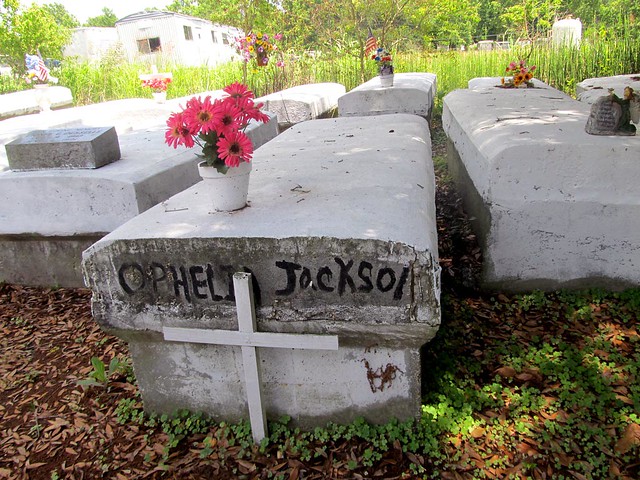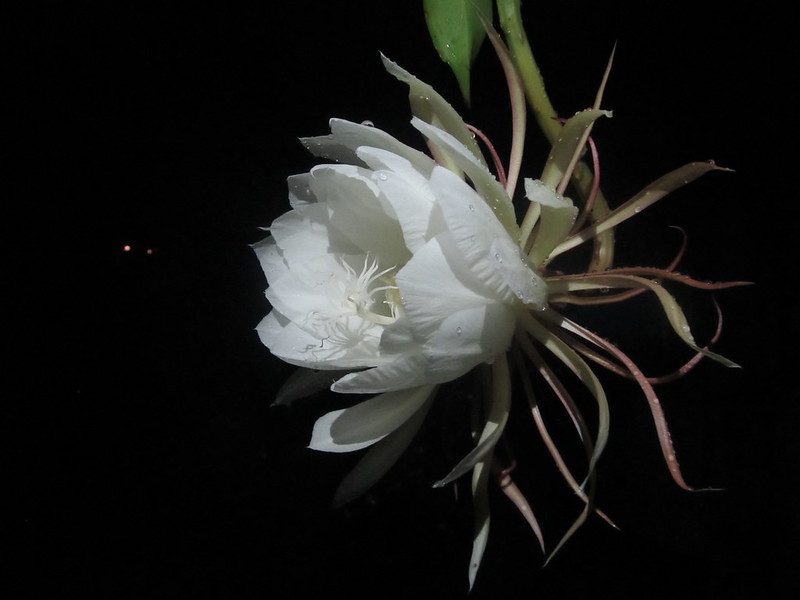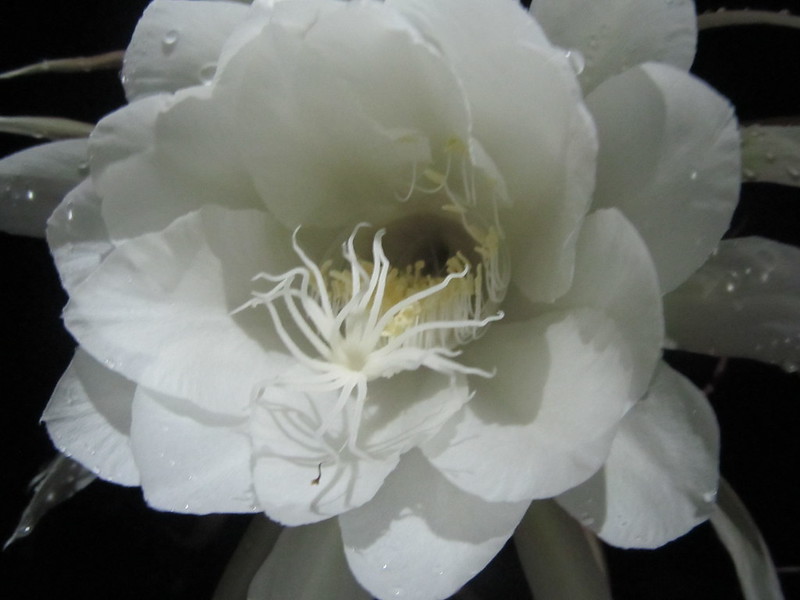
The fine folks at LSU Press had me expand on life and death and Slim Harpo's grave over on their
blog. That is actually Ophelia Jackson's grave in the same graveyard as Slim's. We didn't have band practice last night so I went to a session of the Baton Rouge Adult Music club and we played "Ophelia," as it happens. Then we played the Band's version of Springsteen's "Atlantic City" from
Jericho, which I've never heard, somehow.
I'm not as up on the Band as I should be, I guess, but they are such a mortar to the bricks of the music I love. I figure I'll hear it all by the time the second coming of Ophelia occurs.
I'm into my 78s a lot, priming the pump for the "just keep writing" blues that I am currently experiencing.
This one sounds fantastic, maybe even because of the worn spot at the center. I suspect that can be said about anything with a worn spot at the center.
I'm reading a bunch of Flannery O'Connor, which will give anyone the blues about his or her own writing.
 The Violent Bear it Away by Flannery O'ConnorMy rating: 4 of 5 stars
The Violent Bear it Away by Flannery O'ConnorMy rating: 4 of 5 stars
Something in me feels scorched having just finished THE VIOLENT BEAR IT AWAY. Or, perhaps it is the wound this wild novel opened has been cauterized.
It's the perfect book for the ardent heathen like myself to have my possibly empty spiritual foundation shaken by the biblical odyssey of a reluctant prophet, slinking with futility against his destiny. It's also a great melodrama for the parent of a newly sulking teenager whose life is being ruined by said parent. Flannery O'Connor's rhythms, her nests of ness-es - madness, fullness, weakness, emptiness - seethe and writhe like serpents.
Fairly certain Cormac McCarthy lifted his backbeat from O'Connor, doubtless the scholars of Southern Lit and confirm or deny this, but really, who could blame him? I want to set the woods on fire right now. Everyone does, maybe. The characters and climax are five-star, but I got a little lost in its middle thicket, and not in the way I want to get lost in a novel. It was hard to tell who the real main character was, who was really who, but I suspect this is more of an existential construct on the part of the author than a failing. Whatever it was, it was hard going and it was beautiful.
Also, in a fit of reading things I've never actually read, I read
Death of a Salesman.
 Death of a Salesman by Arthur MillerMy rating: 5 of 5 stars
Death of a Salesman by Arthur MillerMy rating: 5 of 5 stars
I made a crack about "Death of a Salesman" the other day on Facebook and realized that I'd never actually read it. It was one of those books I only knew from the wake it left in the waters. This is one of the those great works that still challenges the world to understand and accept its universal meaning, a spectacular avant-grade meta-statement about the anti-nature of modern (then and now) times. That little tube on the heater, the panic in Willy Loman's emotional oscillations - perhaps not the best book to read when one is considering a career change unless if it's read as a warning fable. Willy pursues an uncatchable dream and ends up clawing the ground in the dark.
One thing that doesn't get mentioned is how vivid the scene directions are. Flute music represents the characters in a house that is permeable with the environment, just as the timeline folds back on itself in a strangling loop.
You kind of want Willy to succeed at failing after all that failing to succeed and yet you get left empty for it.Willy's successful brother Ben cements a dream in the salesman's withering mind with "The jungle is dark but full of diamonds." That would only work if the diamonds lit up and showed you the way.
It made me want to design a dark, glowing stage layout in PhotoShop, which is something I imagine Arthur Miller never really had in mind as the desired effect for his writing. We don't get to decide the effects of what we do.
Here is a song
the band is working up into a resounding rocker. I played it at a
singer-songwriter meetup at the library the other day. It's kinda my favorite: a monolithic downer with a little glimmer in the dark.
Speaking of, our band has been pulled into the fold surrounding
Henry Turner Jr.'s Listening Room and the compatriots there and its a sweet group of people doin' their thing. Thing is,
Rooster died. He was a wild, old longhair that looked and carried on like what you'd picture a guy named Rooster looking like and carrying on. Like most wild people, he was a really nice guy in the brief time I've known him. He lived across the river and didn't have a car, but he had a canoe and a bicycle and he'd row the Mississippi to ride across town to hang out with the fold and then at night, row back.
Before you start on the "bad idea" route about canoeing across the river at night, with the barges and the undertow and all, he heard it already and got across the way he could. There are plenty of bad ideas that govern our lives and even our untimely ends, but they don't define us. The fact that we get across however we do is what defines us and to that, I salute you, Rooster.






